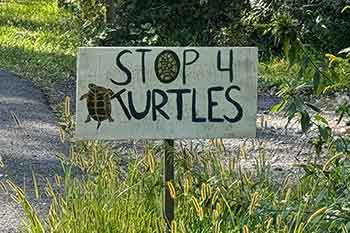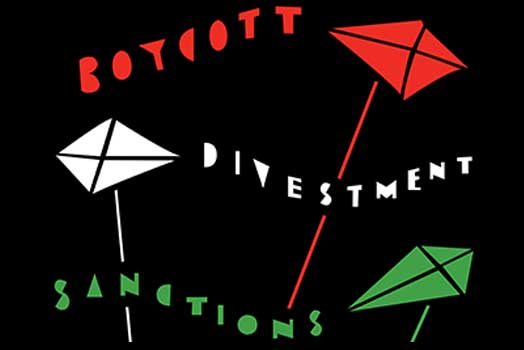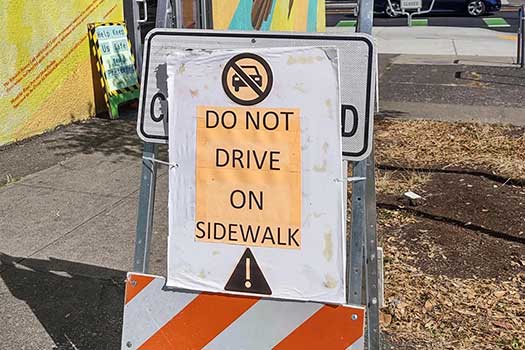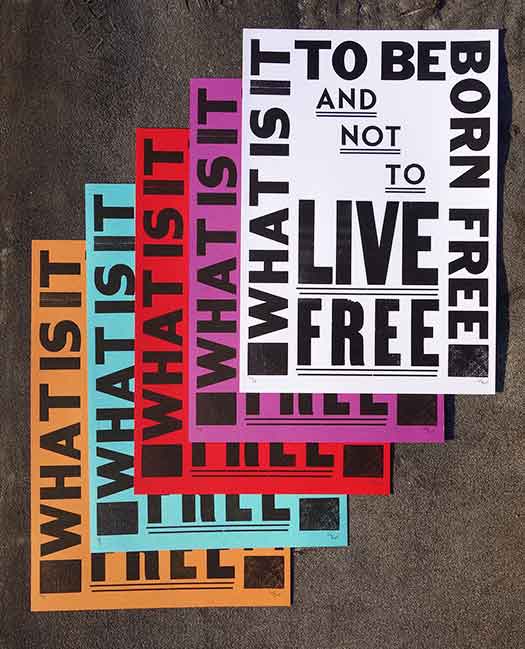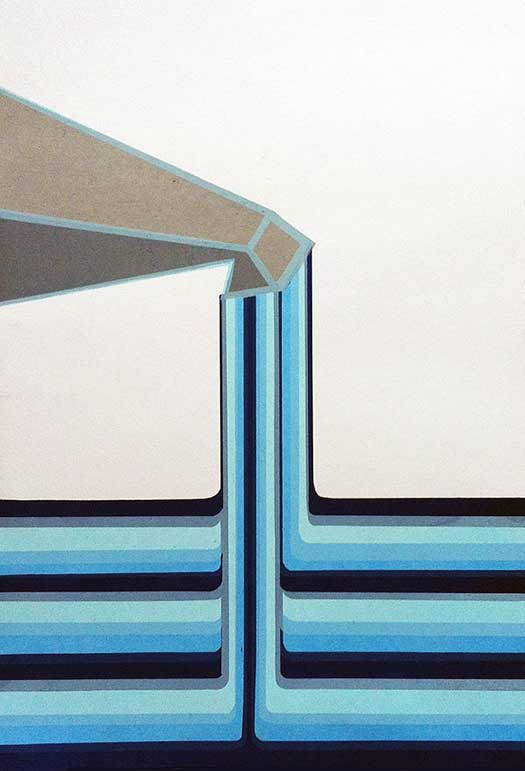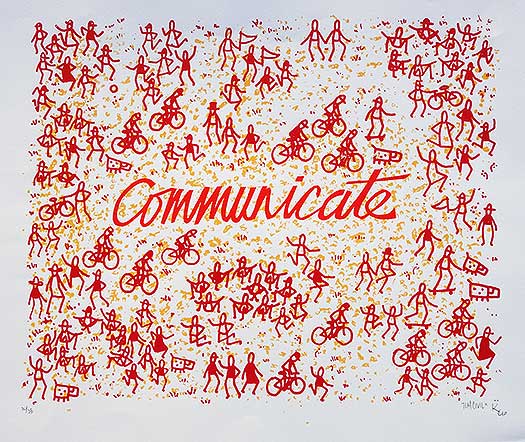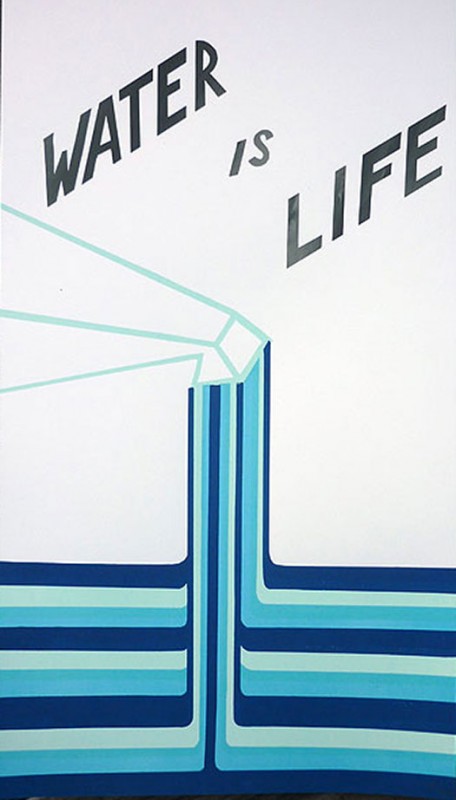My friends from the Rhizome Collective, in Austin, TX, have just finished their guide on appropriate technology and sustainable living, Toolbox for Sustainable City Living.
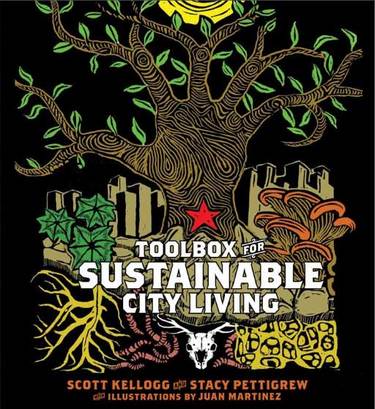
The Toolbox for Sustainable City Living is a DIY guide for creating locally-based, ecologically sustainable communities in today’s cities. Its straightforward text, vibrant illustrations and accessible diagrams explain how urbanites can have local access and control over life’s essential resources: food production, water security, waste management, autonomous energy, and bioremediation of toxic soils.
Scotty and Stacy are co-founders of the Rhizome collective, and have lived and worked in a warehouse in Austin. For seven years, with countless others, they have developed the building and land into an incredible experiment of urban gardening and living. When I was seasonally nomadic, the Rhizome was a destination for me. I was exposed to an incredible community of people, and alternatives to plugging into “the grid”. Going back every other years or so, I’ve seen the incredible amounts of time and labor the collective has put into the space. The most visible and impressive is the garden in the courtyard, which once was parking for trucks, is full of mulch, garden beds, fishponds, and so much other stuff.
Two artists that I met during my visits were Beth Ferguson and Juan Martinez. Both made an impression and were always encouraging me, giving me more confidence in my creative process. I would have had little interest in stencils if it weren’t for Juan’s incredible insects, dragonflies, ants and the like. And Beth is a powerhouse of
creativity too, both are Beehive collaborators. You can check out a conversation/interview VR did with Beth, here
They have both made artistic contributors to the book.
If you’re curious or interested in do-it-yourself technologies to retrofit your house or apartment, you can buy the book, from them, online at Radical Sustainability. It has been published by South End Press.
I hope it will inspire folks to think beyond the “green”-consumer capitalism that’s in vogue at the moment. And we can imagine simpler methods to satisfy our needs.
